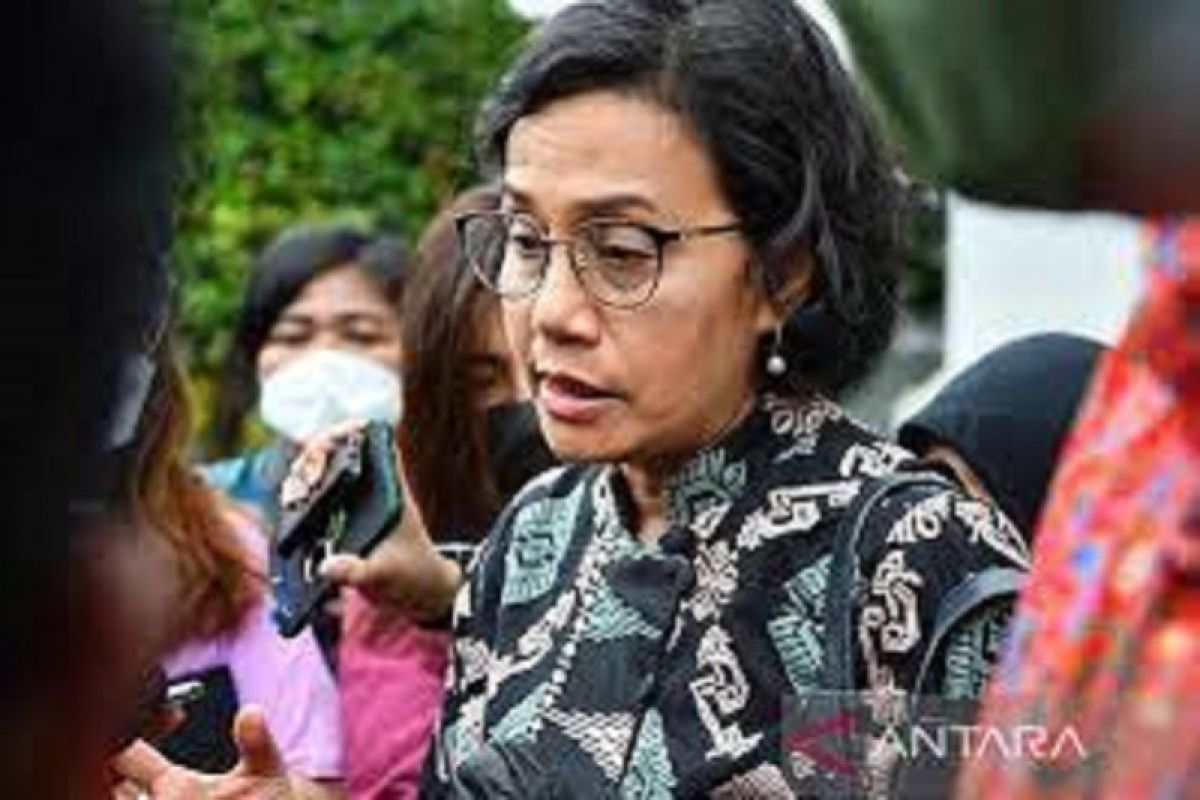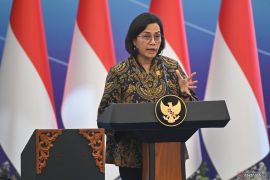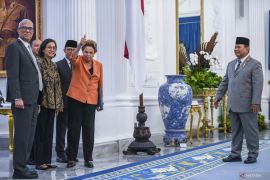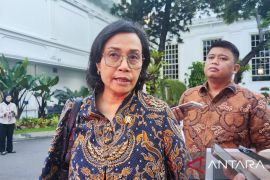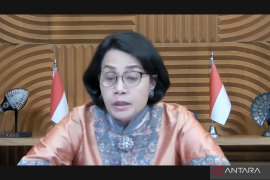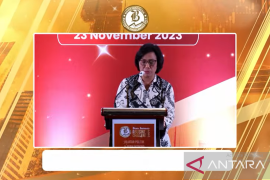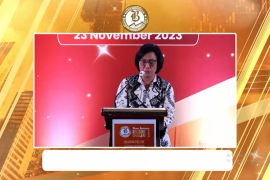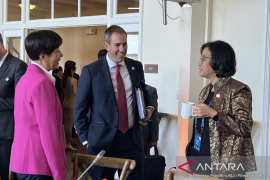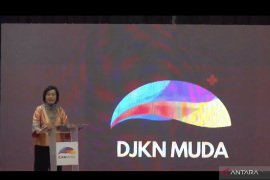"The state is present by providing access to financing or capital, which is usually difficult for small and medium businesses. Even if they get it, the interest rates are usually astronomical," the minister pointed out at an event entitled “State Budget for the Whole Country” here on Thursday.
The government's initiatives to provide financing have included interest/margin subsidy schemes, such as subsidies on the People's Business Loan (KUR) interest rate.
KUR is a working capital loan for productive individual debtors, business entities, and business groups that either have yet to possess additional collateral or have insufficient additional collateral.
It aims to increase and expand access to financing for productive businesses, increase MSME competitiveness, and encourage economic growth and employment.
Under the interest/margin subsidy schemes, the government bears a part of the interest borne by the debtor in the form of interest subsidies. Interest subsidies are allocated based on the difference between the credit interest rate and the interest rate borne by debtors.
"With low interest rates, so they are not burdened," Minister Indrawati said.
The government also uses the state budget for the Ultra Micro financing program (UMi), which is aimed at the lowest-level micro businesses, which cannot yet be covered by banks through the business credit program.
The program is a follow-up to the social assistance program and seeks to allow them to be independent in pursuing their business.
"So, Indonesia, in achieving its goals, the state budget becomes its instrument. The instruments can either be spending, financing, or often also called debt, it can also be state revenue-wise, such as taxes, customs and excise, and non-tax state revenue," she elaborated.
UMi provides a maximum of Rp10 million (US$671) in financing, which is disbursed through non-bank financial institutions (LKBB).
It aims to enable easy financing for ultra micro businesses and increase the coverage of entrepreneurs to be assisted by the government.
According to media reports in July 2022, UMi financing had reached Rp22.04 trillion (US$1.4 billion) since 2017 and it had been distributed to 6.4 million debtors in 509 districts and cities.
The realization of KUR distribution until December 14, 2022, had reached Rp345.55 trillion (US$23.2 billion) or 92.60 percent, with 7,209,944 business actors as debtors.
The target in 2022 was Rp373.17 trillion (US$25 billion).
Related news: Indonesia's MSME digitization target can be reached earlier: CELIOS
Related news: Focusing on four pillars to boost MSME competitiveness: Minister
Translator: Martha Herlinawati S, Mecca Yumna
Editor: Anton Santoso
Copyright © ANTARA 2023
